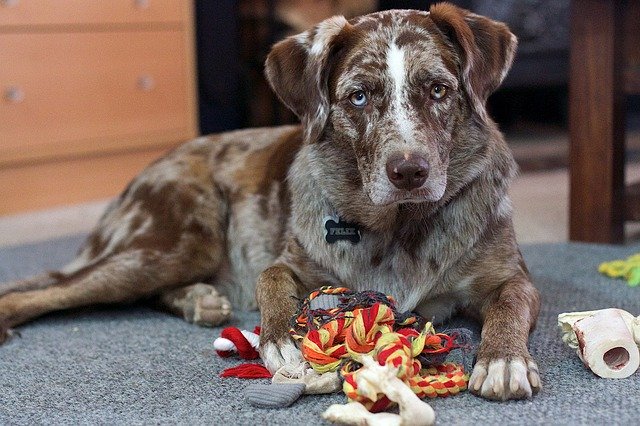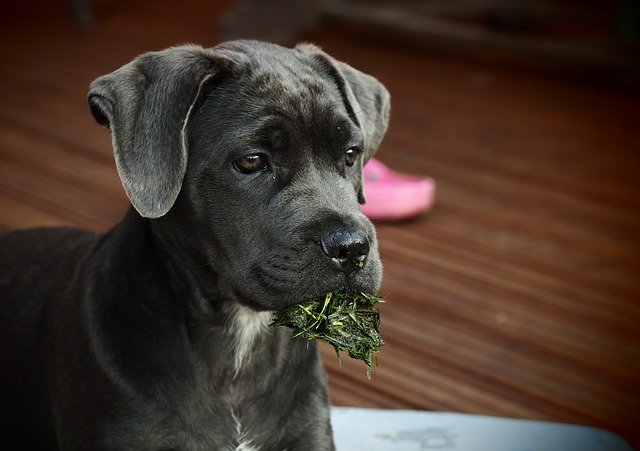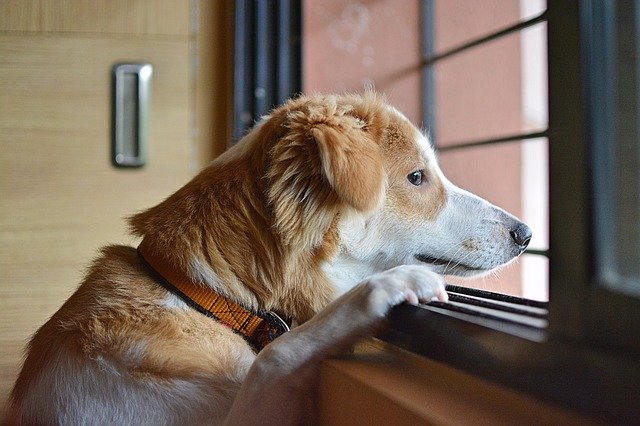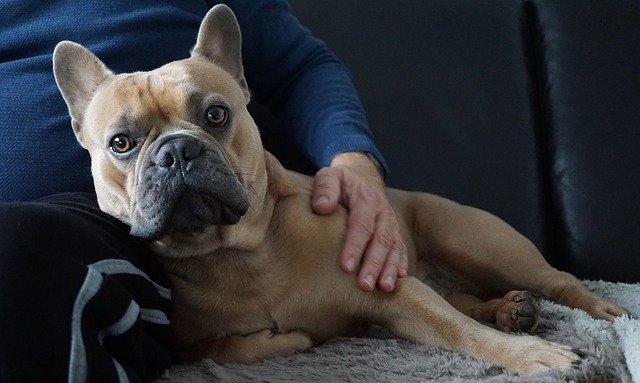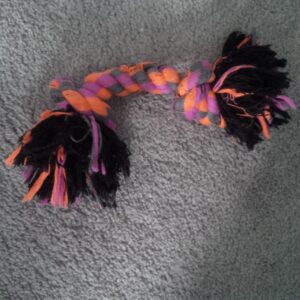 One of the most frustrating behavioral problems, families with dogs have to face is chewing. All puppies go through a period of chewing especially when they are teething, which is around 4 to 6 months of age. Chewing can be controlled, redirected and modified through exercise, playtime, alternative chewables and toys and increased time together. In addition to aiding in house training, a crate and/or playard are also helpful in reducing the chance of chewing your furniture when your not home or you can’t keep your eyes on your dog. My personal favorite for puppies going through teething is soaking a braided chew toy in water and freezing it.
One of the most frustrating behavioral problems, families with dogs have to face is chewing. All puppies go through a period of chewing especially when they are teething, which is around 4 to 6 months of age. Chewing can be controlled, redirected and modified through exercise, playtime, alternative chewables and toys and increased time together. In addition to aiding in house training, a crate and/or playard are also helpful in reducing the chance of chewing your furniture when your not home or you can’t keep your eyes on your dog. My personal favorite for puppies going through teething is soaking a braided chew toy in water and freezing it.
In its extreme 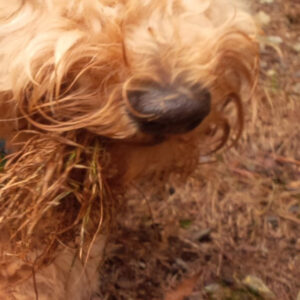 form, “Pica”, defined as a medical disorder, is an appetite for largely non-nutritive substances (e.g., coal, soil, feces, chalk, paper, soap, ash, etc. The shocking part is that this definition pertains to humans. With that in mind imagine what a dog will consume. Because Pica is a medical disorder, it is something that should be either diagnosed, ruled out or treated by your veterinarian.
form, “Pica”, defined as a medical disorder, is an appetite for largely non-nutritive substances (e.g., coal, soil, feces, chalk, paper, soap, ash, etc. The shocking part is that this definition pertains to humans. With that in mind imagine what a dog will consume. Because Pica is a medical disorder, it is something that should be either diagnosed, ruled out or treated by your veterinarian.
Coprophagia is even more frustrating and upsetting to me than a dog eating my favorite pair of Jimmy Choo shoes. (Pun intended) The nicest way to define coprophagia is to say that it is the consumption of poop. There are many reasons for this obsession with one’s own waste, including and not limited to medical problems, nutritional needs, poorly digestible diet, boredom, curiosity, attempt to clean up a soiled area to avoid punishment, a learned behavior from the dog’s mother or something as simple as hunger.
My 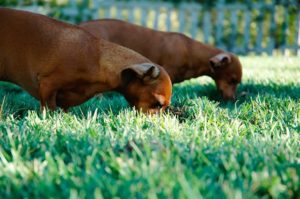 experience with dogs that show signs of coprophagia is that most of them had been confined to small kennels for extended periods of time, usually in pet shops or overcrowded breeders, where they are forced to eat, drink, sleep, play, defecate and urinate in the same small enclosure. Some dogs will also eat cat poop out of the litter box. I know it’s one of those “easier said than done” situations but preventing your dog’s access to litter boxes and immediately cleaning up after your dog does his business, is a good start in the right direction. Dogs that exhibit any desire to eat their stool, should be leash walked. As well, there are taste deterrents that can be inserted into the stool to help correct unwanted behavior. Talk to your veterinarian first, before seeking any products that may be consumed by your dog.
experience with dogs that show signs of coprophagia is that most of them had been confined to small kennels for extended periods of time, usually in pet shops or overcrowded breeders, where they are forced to eat, drink, sleep, play, defecate and urinate in the same small enclosure. Some dogs will also eat cat poop out of the litter box. I know it’s one of those “easier said than done” situations but preventing your dog’s access to litter boxes and immediately cleaning up after your dog does his business, is a good start in the right direction. Dogs that exhibit any desire to eat their stool, should be leash walked. As well, there are taste deterrents that can be inserted into the stool to help correct unwanted behavior. Talk to your veterinarian first, before seeking any products that may be consumed by your dog.
